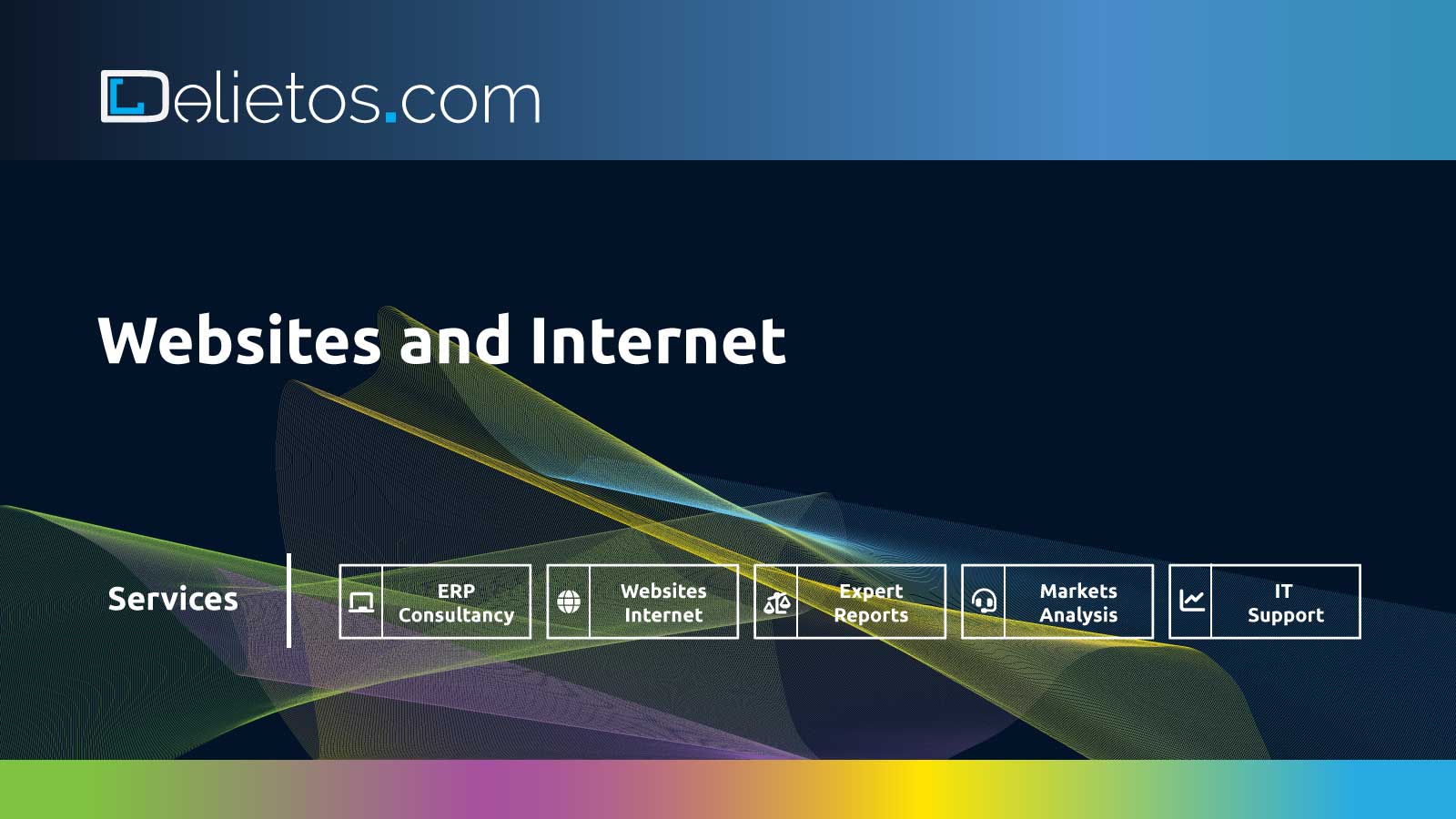ERP Consulting
Enterprise Resource Planning
The service provides specialized support and consulting for the selection, implementation, and optimization of ERP (Enterprise Resource Planning) systems. Its goal is to help businesses of all sizes fully leverage the benefits of ERP systems for effective resource, process, and information management.
The service includes:
- Needs Assessment: Understanding business processes and requirements to tailor the ERP system to the specific needs of the organization.
- ERP System Selection: Assistance in choosing the right ERP system that aligns with business needs and strategic goals.
- Design and Implementation: Designing and implementing the ERP solution, including customization, integration with existing systems, and user training.
- Process Optimization: Analyzing and optimizing business processes through the ERP system to enhance efficiency and productivity.
- Support and Maintenance: Providing ongoing support and maintenance to resolve technical issues and adapt the system to evolving business needs.
Dalietos.com ensures a smooth and effective ERP system implementation, offering solutions that contribute to improved operational efficiency and strategic management.
Projects
Project Implementation Stages
Enterprise Resource Planning platforms
The five stages of ERP (Enterprise Resource Planning Systems) implementation













